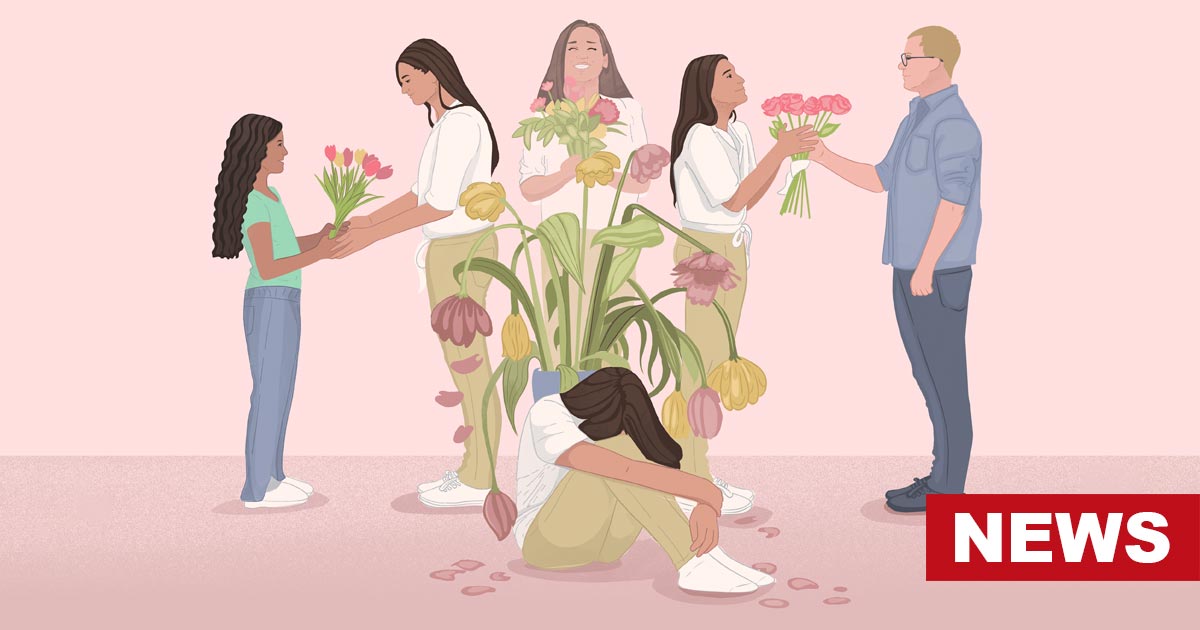- Individuals raised in dysfunctional environments often develop the fawning trauma response, seeking appeasement to cope with fear.
- This maladaptive behavior, if untreated, can lead to negative mental health consequences.
In the context of being raised in dysfunctional households, individuals often find themselves resorting to the fight or flight response due to the prevailing chaos and conflict.
Such environments constantly instill a sense of threat in both the mind and body, prompting individuals to adopt a defensive mechanism of appeasement as a means to cope with the incessant fear surrounding them.
This adaptive response is commonly referred to as fawning trauma response, a stress reaction that emerges from dealing with fearful parents and overwhelming threats. Writing for the Hindustan Times, Therapist Morgan Pommells elucidates fawning stress response, emphasizing that it shares similarities with the fight or flight response.
Essentially, our bodies learn that appeasement becomes the most useful strategy in the face of overwhelming threats, where we prioritize caring about others, striving to be liked and seen as useful.
Several indicators can double as signs of fawning behavior, as identified by the therapist:
- Constant Agreement: Even when we hold differing opinions, we pretend to agree with others to avoid potential conflicts, fearing the consequences of asserting ourselves.
- Conflict Diffusion: As part of fawning response in trauma, we tend to excessively accommodate others, downplaying or attempting to diffuse any conflicts that arise, rather than confronting and addressing them directly.
- Weak Boundaries: Fawning trauma response often leads to a lack of clear boundaries, as we consistently prioritize the needs and expectations of others over our own values and ethics.
However, carrying forward the fawning trauma response as maladaptive coping mechanisms into adulthood often results in feelings of depletion, frustration, and a sense of being taken for granted.
The good news is that there are ways to overcome fawning in mental health issues. The first step involves observing our nervous system and identifying the triggers that set off fawning response in trauma. It is essential to recognize that although this coping strategy may no longer serve us effectively in our present lives, we should not shame ourselves or perceive ourselves as flawed.
Instead, acknowledging the validity of our fear and expressing gratitude to our bodies for always striving to protect us can be a powerful approach to soothing trauma triggers and working with our fawning trauma responses.
In adulthood, unlearning the fawn stress response and establishing healthier responses can be a transformative process. This may involve seeking therapy or support to address underlying traumas and insecurities, allowing us to build self-confidence and assertiveness. By setting and enforcing healthy boundaries, we empower ourselves to prioritize our needs without sacrificing our well-being for the sake of others.
Practicing self-compassion and recognizing that our past coping mechanisms were survival strategies can help us navigate the journey towards healing and personal growth. Embracing self-compassion and gratitude for our bodies’ protection mechanisms can also serve as catalysts for growth and healing on the path to personal transformation.






















